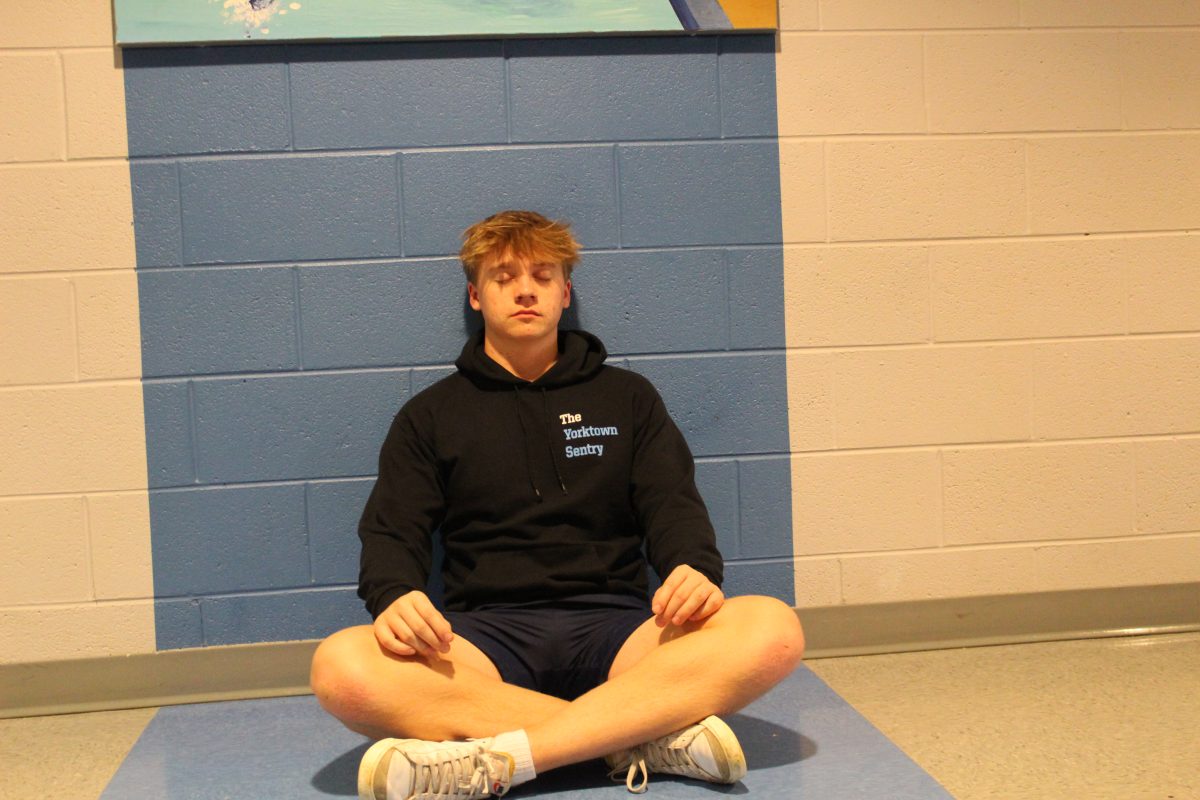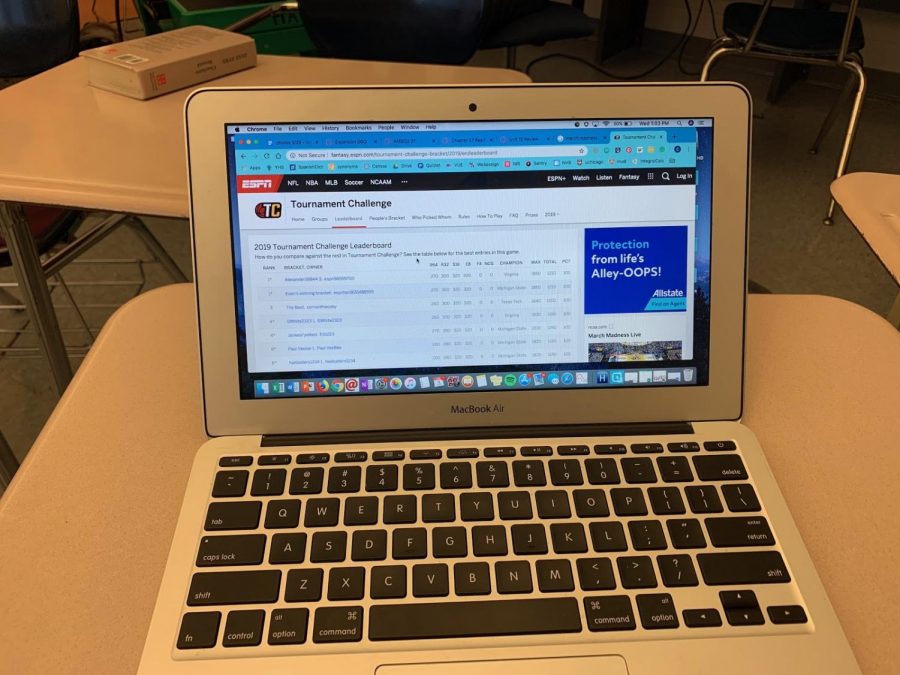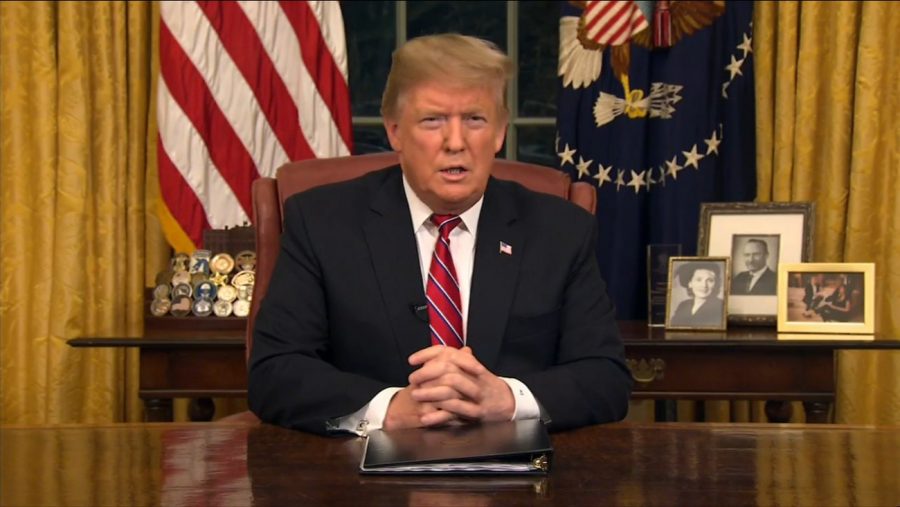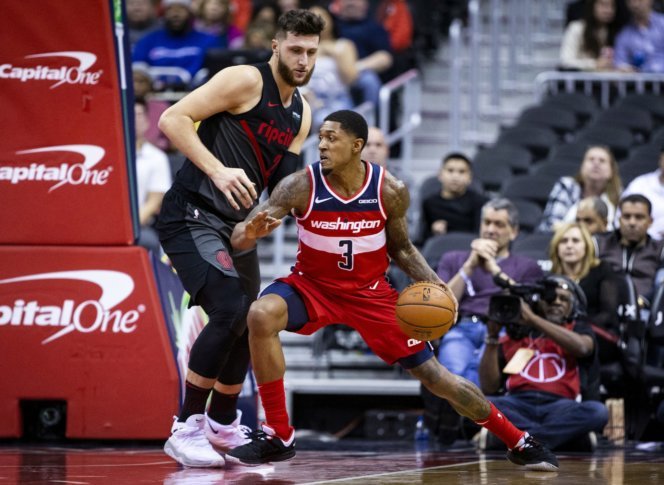By Emily Burke
Sentry Staff Reporter
On Thursday, October 9, students from local Arlington high schools, Marymount University and exchange programs from Germany and Ukraine gathered on the Marymount campus to discuss world issues. The discussion took place in a town hall format, in which students could speak freely about possible solutions to these conflicts, and share stories about how these issues affect them personally. Students addressed the reasons behind violent conflict and the moral responsibilities that come with such issues. In particular, students argued the conflict in Iraq, a broad issue that includes the question of whether the United States should use military force to protect the people from ISIS (Islamic State in Iraq and Syria) or leave Iraq to deal with ISIS and the Sunni-Shi’ite conflict by themselves. They also debated whether ISIS should be considered a “government” and whether the U.S. and other countries should negotiate with it. Students also contemplated what Germany and its allies should do about issues in Ukrainea and whether U.S. military force should be used directly to help Ukraine or to punish Russia economically, giving them the chance to step down and save face.
Many of the Ukrainian and German students shared the opinion that the U.S. and other nations interfere too much in other countries’ foreign affairs, and that these countries need to deal with their issues internally. However, they did encourage students from the U.S. and other countries to support other students in these countries through social media. They want to raise awareness and support for their causes. The Ukrainian students wanted to emphasize that peaceful protesters in Kiev and other cities were not harming anyone; they were simply defending their liberty and chance at a future in the European Union. The students explained that since the Ukrainian politicians are not doing enough to protect the rights of the people, students and citizens have the responsibility to stand up for their own rights. They do not want a divided Ukraine and they do not want Eastern Ukraine, which primarily supports Russia, to secede. They hope to rebuild a strong, united Ukraine. The U.S. students understood these arguments, but also pointed out that the world cannot stand by and watch a country in trouble collapse. It is difficult to tell when foreign intervention is helpful and when it is harmful. Students then linked the current situation in Hong Kong, in which students are camped out in the streets to protest the Chinese government’s limiting of Hong Kong’s citizens’ abilities to choose their own leader, to Ukraine during the town hall meeting.
Junior Luis Czajka from Aachen, Germany is participating in an exchange program here in Arlington. He found out about the town hall through the exchange program, and attended with other German students and American host students.
“It was interesting to hear other points of view on the problems,” said Czajka.
When asked how students should participate in world issues outside of the town hall, Czajka recommended that they seek as much information as possible, and explained how he is involved with world issues.
“Friends from Russia and Ukraine and other states like Palestine and Israel tell me things. Social networks have got so much power also, and we are the social networks,” said Czajka.
Ukrainian university student Oksana Kuchak also believes that social media is useful for students who want to stay involved in world issues.
“I would recommend [students] trying to make friends from different countries to get to know their problems and issues, [and] to be interested and updated in social networks about different things,” said Kuchak.
When asked why she wanted to participate in the town hall, Kuchak explained that she felt a responsibility to her country to publicize and gain support for their cause.
“I just wanted the world to know about the problems in my country because I know that a lot of students know about this, but still they only know bits and pieces about the problem and I feel responsible for my country to tell the world about the situation and about the Ukrainians’ point of view,” said Kuchak.
Kuchak also believes that it is critical for young people to be active in world politics and speak their minds about world issues because members of their generation will soon become world leaders and politicians.
“Students are the youngest generation and they have to do something, otherwise the changes will not happen in the world. I think that the world should be changed by students because they see issues from the updated point of view and I think that’s really important,” said Kuchak.
Senior Katie Scruggs heard about the event through the German exchange student she is hosting. Scruggs has also traveled to Ukraine, has hosted Ukrainian exchange students and has many Ukrainian friends, so she is interested in the conflict there. Scruggs saw the town hall not only as a way to meet the new exchange students, but also as a way to learn more about the conflict and share her experiences.
“I went outside the Russian Embassy and protested, and I wanted to hear [the Ukrainians’] point of view. I always keep up with the news in Ukraine to make sure that my Ukrainian friends are okay, and listen to see what’s happening in the world,” said Scruggs.
Scruggs also emphasized the importance of youth involvement in foreign affairs, and recommended that students keep up with current events through social media and friends in other countries.
“If people see the younger generation actually doing something about it, kids get other kids involved and it’s a chain reaction. I said at the town hall meeting that with social media and young people, ideas spread quickly. Participating in the Sister City Association [is fun], with all the exchange trips you get involved with students around the world and it makes you want to know more about where they’re from and what’s going on,” said Scruggs.
So the next time a teacher or parent complains about what a waste of time Twitter and Facebook are, remind them that these social networks are important mediums for change, and a way to connect with fellow students around the world.
Featured Image by Rachel Finley/SENTRY










































